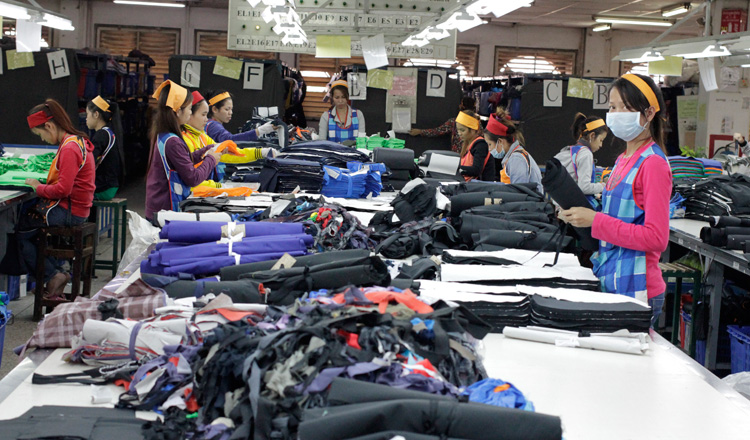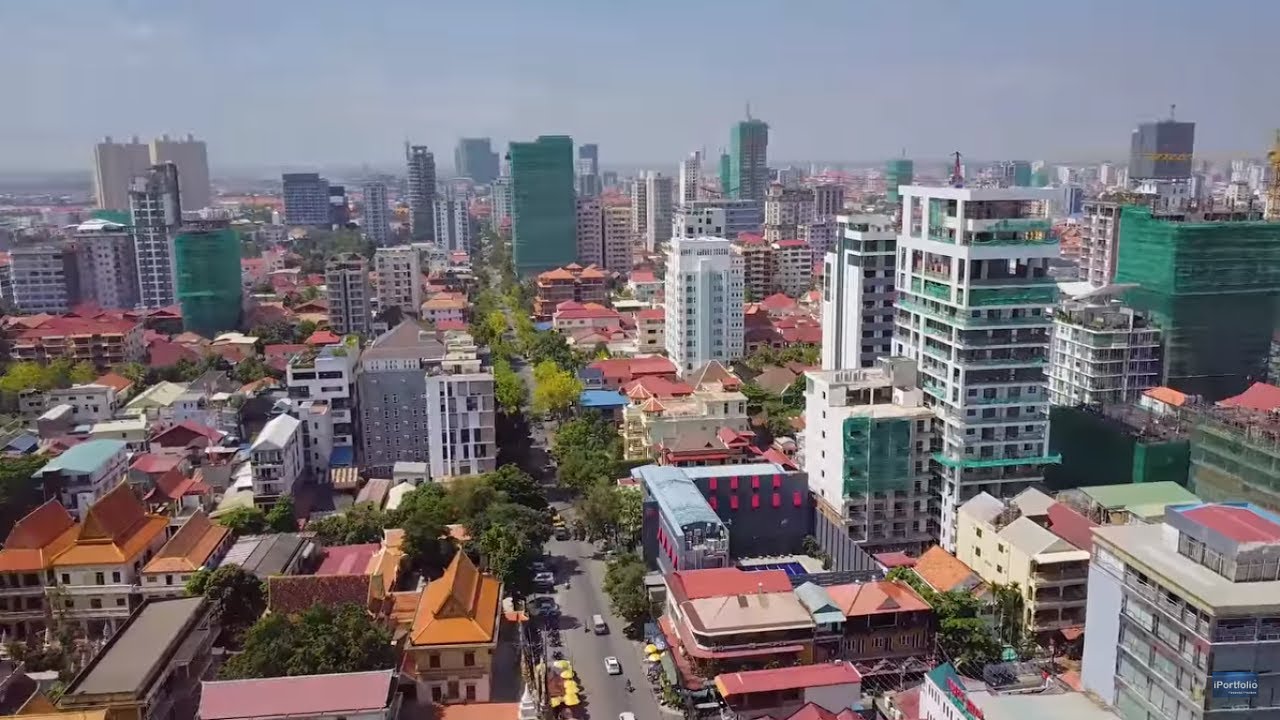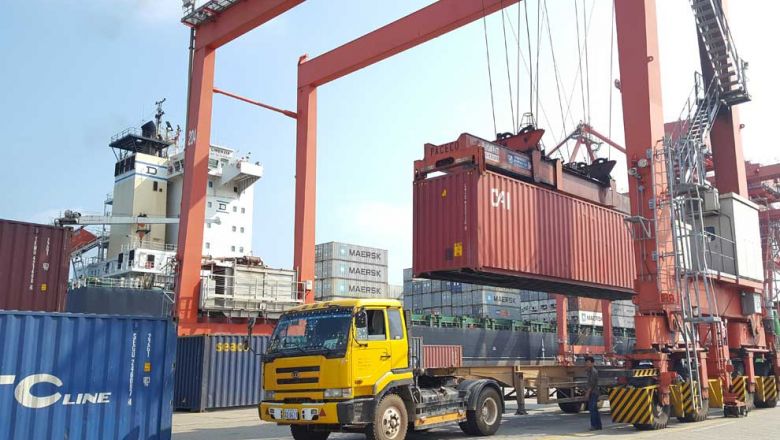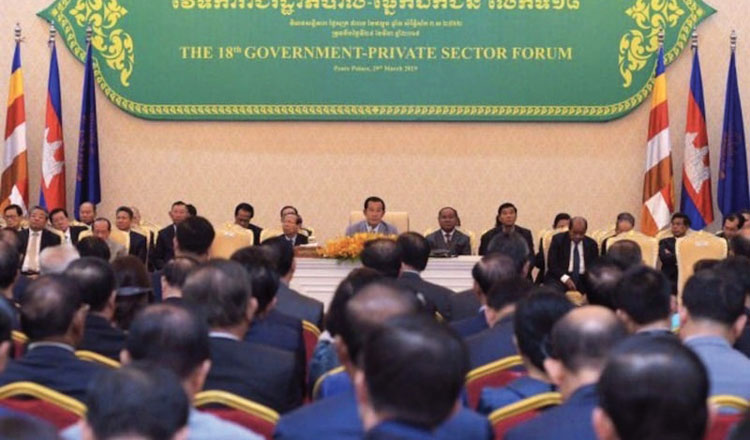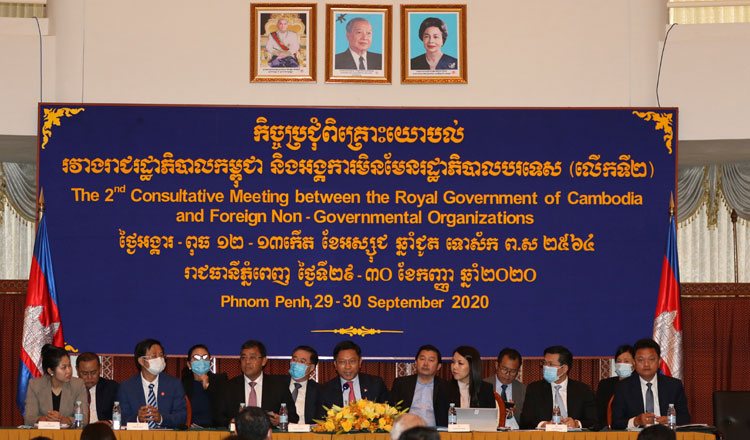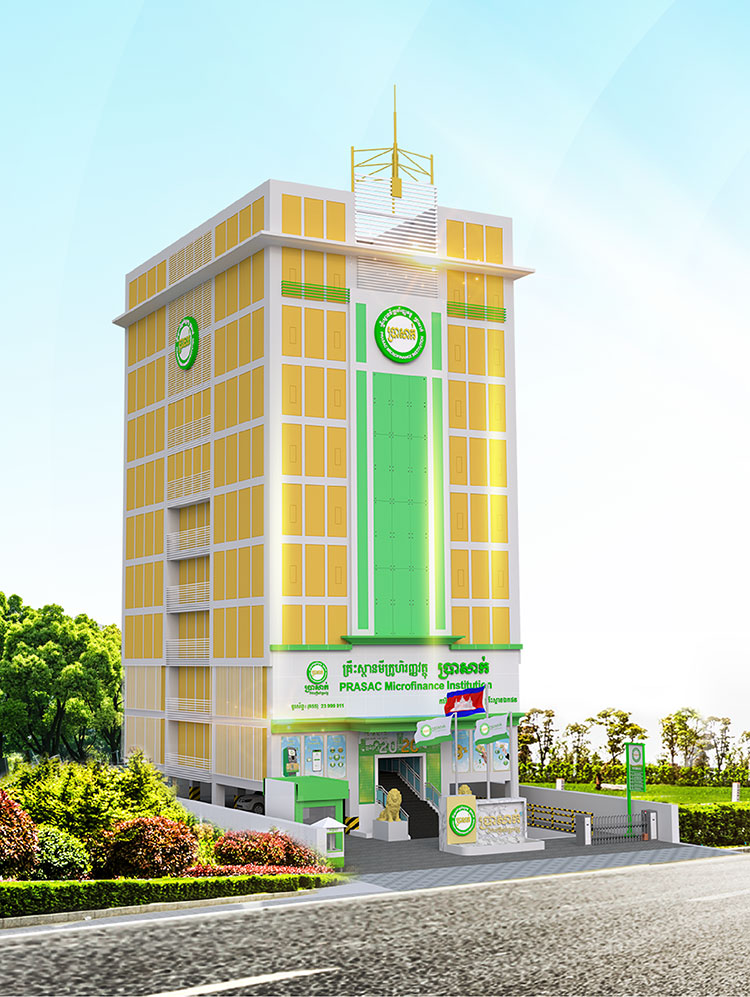Better Factories Cambodia expands to include travel goods and bags
The Better Factories Cambodia (BFC) framework has expanded to include more manufacturing sectors.
“BFC currently covers all exporting garment factories. Now the government has decided to expand the coverage to include travel goods and bag factories,” Ken Loo, secretary-general for the Garment Manufacturers Association of Cambodia (GMAC), said, calling the development “a clear indication of the government’s commitment to ensure that exporters in these two sectors uphold a high compliance with labour laws and international labour standards”.
GMAC is a signatory of Better Factories Cambodia, which was created in 2001 in partnership with the Ministries of Labour and Vocational Training (MoLVT) and Commerce (MoC), as well as the UN’s International Labour Organization (ILO) and the International Finance Corp (IFC), a member of the World Bank Group.
Asab Yaqub, IFC resident representative for Cambodia, said that independent research has shown that there is no negative correlation between improved working conditions and factory productivity.
Yaqub said that since 2001, BFC has engaged with more than 550 apparel factories representing about 50 international brands and retailers and assisted more than 600,000 workers – of whom 83 percent are women – by providing labour assessments, training and advisory services.
“Independent research and reports using data from BFC show that factories that increased compliance with international labour standards have generated significant gains in higher productivity, increased profitability, improved employee retention, improvements in quality of life and higher incomes for workers and their families.
“There has been a 46 percent increase in factories’ full compliance with 21 legal requirements – including functional emergency-exit doors, the absence of child labour and the like – since the beginning of the BFC Public Transparency initiative in 2014.
“These improvements help boost the Cambodian garment sector’s competitiveness and sustainability, strengthen its position in global supply chains and further climb to the next level of the value chain ladder”, Yaqub said.
A joint news release issued by the MoLVT and MoC announcing the prakas, informed travel goods and bag manufacturers that they would have to register for the programme before 2022 if they are to be eligible to export goods under the US-led Generalized System of Preferences (GSP).
The GSP grants preferential trade status to underdeveloped countries by countries including the US, Canada, Japan and Australia among others.
A representative from the BFC under the ILO said that the expansion is an opportunity for BFC to work with more industry stakeholders, who noted that through the addition of assessments, focus on training and increased awareness, Cambodia can better benefit from increased sector diversification.
“The BFC is the first programme of its kind under the ILO that has involved direct monitoring of factory compliance. Its’ success in Cambodia has inspired the establishment of the Better Work programme which is currently operating in nine countries.
“The programme continues to help workers develop new skills while businesses bring in greater profits and families throughout the country increase their income. Cambodia over the years has gained recognition from brands as a [proven] compliant sourcing destination. This is an important factor for brands sourcing from the country. Ensuring compliance can give manufacturers/factories in Cambodia a competitive edge in encouraging brands to continue sourcing from the country.” Khmer Times

